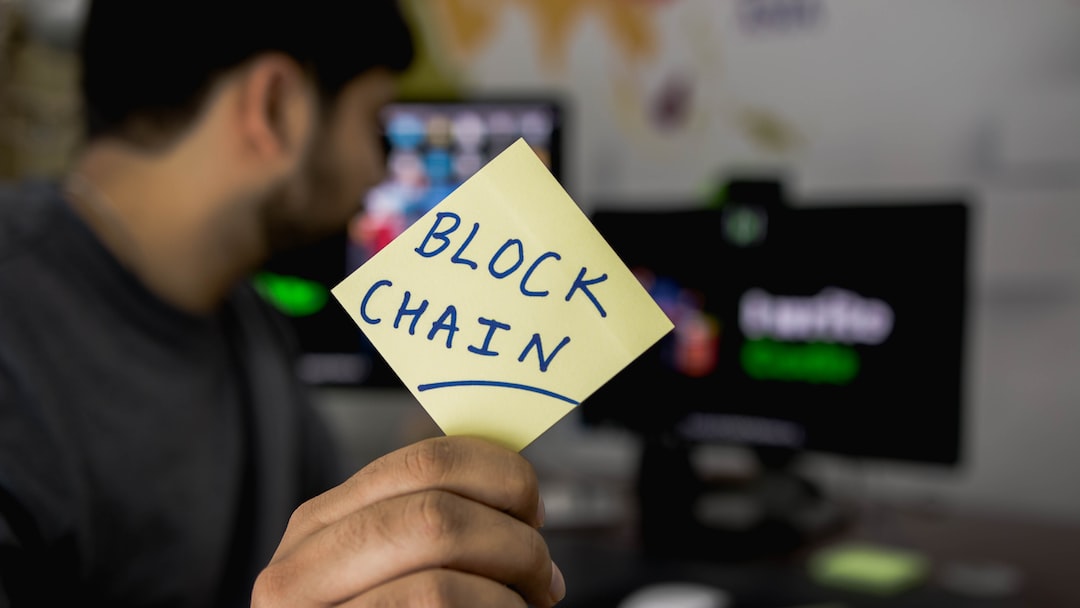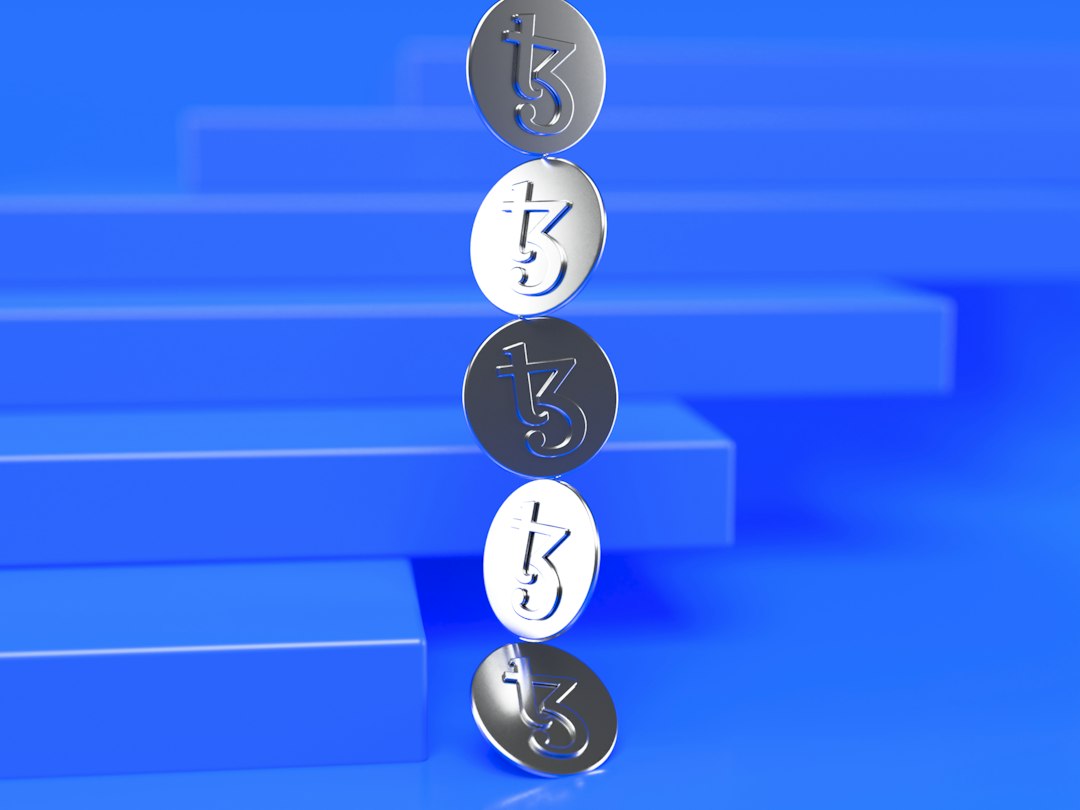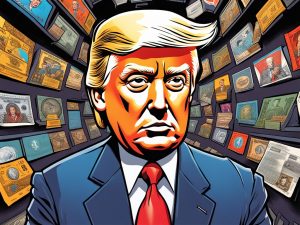Understanding Uniswap: A Comprehensive Guide to the Popular DEX Coin
Cryptocurrency has revolutionized the financial industry, and among the diverse range of digital assets, decentralized exchanges (DEX) have gained significant popularity. Uniswap, a leading DEX protocol built on the Ethereum blockchain, has emerged as one of the most successful examples. In this comprehensive guide, we will explore what Uniswap is, how it works, and why it has become a favorite among crypto enthusiasts like you. So, let’s dive in!
Uniswap is a decentralized exchange that allows you to trade cryptocurrencies directly from your digital wallet. Unlike traditional centralized exchanges, Uniswap operates on a peer-to-peer basis, eliminating intermediaries and third-party control. This decentralized nature not only enhances security but also ensures fair and transparent transactions.
How Does Uniswap Work?
When you use Uniswap, you become part of a liquidity pool, contributing both Ether (ETH) and other ERC-20 tokens to facilitate trades. These liquidity pools are smart contracts that enable automated trading between tokens without the need for order books or matching buyers and sellers.
For instance, let’s say you have ETH and want to exchange it for another ERC-20 token, such as Chainlink (LINK). By depositing your ETH into the Uniswap pool, you become a Liquidity Provider (LP) and receive LP tokens representing your share of the pool. These LP tokens entitle you to a portion of the trading fees generated by the pool.
Whenever someone wants to trade LINK for ETH, they can access the Uniswap pool and swap their tokens directly. Uniswap uses a clever algorithm known as an Automated Market Maker (AMM) to balance token prices based on supply and demand. This means that the more liquidity in a particular pool, the better the prices you can get for your trades.
To incentivize users to provide liquidity, Uniswap offers additional incentives in the form of UNI tokens. These tokens provide governance rights within the Uniswap protocol and can be earned by staking your LP tokens.
Why is Uniswap so Popular?
Uniswap has gained significant popularity for several reasons. First and foremost, it offers increased privacy and security. Since Uniswap operates on a decentralized network, there is no need to provide personal information or KYC (Know Your Customer) verification, ensuring your privacy is maintained.
Furthermore, Uniswap allows for a seamless trading experience. You don’t have to wait for orders to be matched, and trades are executed immediately. This makes Uniswap ideal for smaller trades or quick exchange needs, as it eliminates the potential delay associated with centralized exchanges.
Another key advantage of Uniswap is its accessibility. Anyone with an Ethereum wallet can access Uniswap and start trading. Additionally, the decentralized nature of Uniswap ensures a level playing field, as there is no discrimination or preferential treatment based on trading volumes or account size.
The popularity of Uniswap has significantly contributed to the growth of decentralized finance (DeFi) applications. Many DeFi projects, token sales, and even NFT (non-fungible token) marketplaces integrate Uniswap for their token swaps. This wide-ranging adoption has further solidified Uniswap’s position as a market leader.
Frequently Asked Questions about Uniswap
1. What are the risks of using Uniswap?
As with any investment or financial platform, Uniswap carries certain risks. One of the main risks is the potential for impermanent loss, which occurs when the ratio of tokens in a pool changes significantly, resulting in a loss for LPs. Additionally, Uniswap being built on the Ethereum blockchain exposes it to network congestion and high gas fees during periods of increased demand.
2. Can I lose money on Uniswap?
Yes, trading on Uniswap involves the risk of losing money, especially if the market moves against your trades. It is important to do thorough research, evaluate the risks, and only invest what you can afford to lose.
3. How can I get started with Uniswap?
To get started, you will need an Ethereum wallet, such as MetaMask. You can access Uniswap through their website or via decentralized applications that integrate Uniswap. Simply connect your wallet and start trading!
4. Are there any fees associated with Uniswap?
Yes, Uniswap charges a 0.3% fee on each trade, which is distributed to liquidity providers. Additionally, gas fees are incurred for transactions on the Ethereum network.
In conclusion, Uniswap has revolutionized the way we trade cryptocurrencies, providing a decentralized, secure, and accessible platform for peer-to-peer transactions. Whether you are a beginner or an experienced trader, Uniswap offers a world of opportunities. Remember to always conduct thorough research and exercise caution when trading on any platform. Happy trading!
Symbols and Acronyms:
DEX – Decentralized Exchange
Uniswap – UNI
Ethereum – ETH
Chainlink – LINK
ERC-20 – Ethereum Request for Comment 20
LP – Liquidity Provider
AMM – Automated Market Maker
DeFi – Decentralized Finance
NFT – Non-Fungible Token
KYC – Know Your Customer





 By
By

 By
By
 By
By
 By
By
 By
By